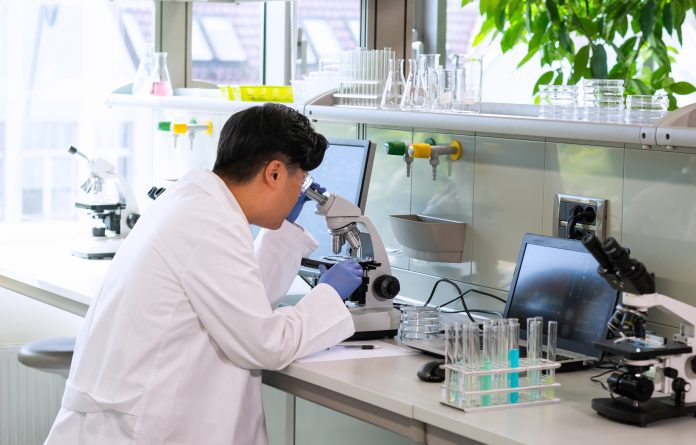The Institute of Cancer Research (ICR) found that UK cancer research sector could lose up to 20% of their funding, after UKRI replaces Horizon Europe
When the UK leaves Horizon Europe, Prime Minister Boris Johnson has suggested that this funding stream for cancer research will be replaced by UK Research and Innovation (UKRI).
However, new insights from the Institute of Cancer Research in London find that this will create a loss of one fifth of funding – resulting in less overall funding for cancer research work.
The ICR highlight that this funding cut comes at a time where medical research charities are also experiencing less income, due to the COVID-19 pandemic. Currently, cancelled fundraising events and charity shop closures mean that the sector is facing a loss of roughly £1 billion over the next three years.
The Institute further proposes that the government reach a research spend of 2.4% of GDP by 2027, by increasing spending on science – not reducing it. Recent discoveries in COVID vaccine development could fuel new discoveries in the UK cancer research sector, with mRNA studies already unfolding in the US along the same lines.
‘Delaying important discoveries’
Professor Paul Workman, Chief Executive at The Institute of Cancer Research, London, said: “I am deeply concerned that the Government’s plans will help create a perfect storm for research organisations like mine which risks capsizing cancer research. We are already facing alarming cuts to the money available in grants from medical research charities which have been devastated by the pandemic.
“Cutting the UK research budget now would be catastrophic for science – delaying important discoveries, robbing patients of a better future and missing a golden opportunity to fuel our economic recovery from Covid-19. Such deep cuts would be incompatible with the Prime Minister’s own vision of the UK as a global science superpower.”
Scientists are unable to access the lab as much as they could pre-pandemic, meaning that less work can be done in the same window of time. ICR suggest that these intersecting factors mean that cancer patients face a delay of 18 months, for new advances in treatment.











